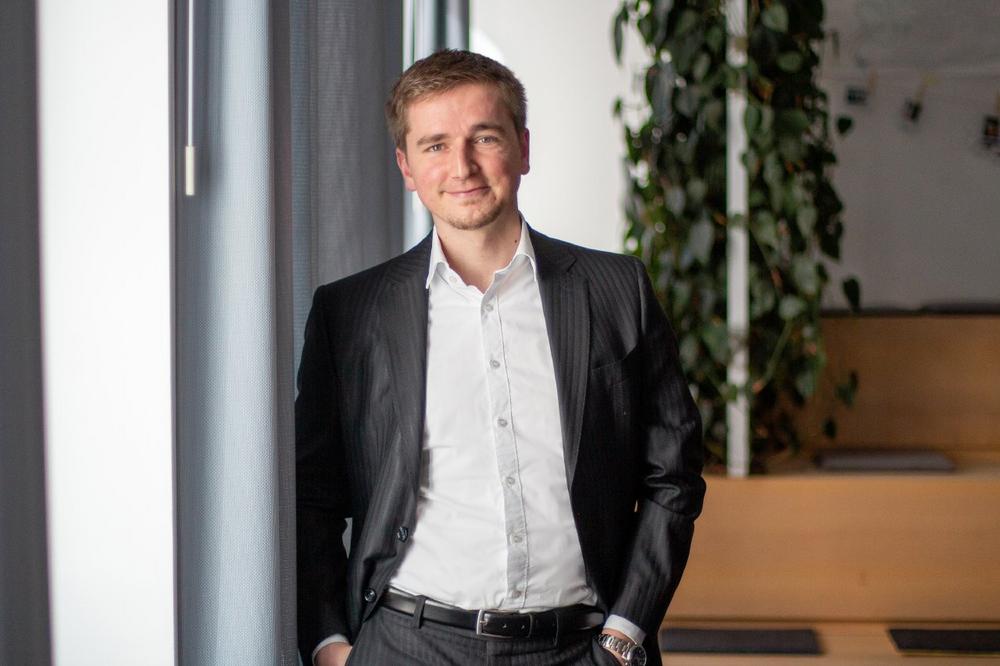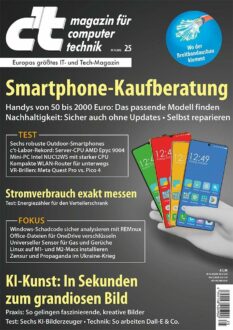
Systems Thinking as MBSE on scale
How are you doing in the current situation?
I am doing quite fine despite working from home and the difficulties most of our customers are currently facing. Thanks to our modern and decentralized IT landscape we were able to continue working remote for our clients, without any interruptions.
Where do you see the current challenges in your customer project?
I see a huge dilemma in whole branches of industries, especially in the automotive area. The challenges due to the new mobility megatrends are tremendous and now, with less income due to the current pandemic, they must highly prioritize their expenses. Furthermore, the complexity of their products has already reached a threshold, making it nearly impossible to provide more and more product innovations in ideally shorter periods of time.
How can you as a Technology Consultant help here?
I would not dare to promise an easy solution to solve the issues mentioned above. But the model-based approach is a fitting method to master the growing product complexity as the root cause for many of the current challenges. It has proven its capability in natural science over hundreds of years up until now – in the last decades for example in the pure software development and in aerospace. Today, with the growing importance of software in other domains, it just seems natural to further adapt this approach. This is where Zielpuls comes in, in our role as a technology consultancy: helping our customers find the best and individual solution to their specific needs.
There are already a lot of existing MBSE concepts and frameworks. Why should organizations not just implement them and start with MBSE right away?
At Zielpuls we see two major difficulties with that. First, most of those existing concepts and frameworks are without any doubt useful in practice. However, they are not suitable for a simple implementation in large organizations, as those frameworks are still too generic to be followed by thousands of developers in a harmonized way. We experienced a lot of such fast implementation try-outs in the past – nearly all of them failed. And this leads us to the second point: Introducing systems engineering in an organization is more than just introducing a new modelling tool. It really changes the way of working for each developer and even more the way of collaboration in the entire development department. To emphasize this, we prefer the term “Systems Thinking” when speaking about the implementation of systems engineering.
What are the typical steps for such an implementation?
We use a nice metaphor for all the steps that are required to reach the “Systems Thinking Heaven”. It is like climbing a huge mountain where it is essential to set up several basecamps on the way to the top. As a first milestone you must ensure an overall inner quality of the relevant development artefacts. For systems engineering this typically starts with the requirements management as it is essential for the traceability across all abstraction levels that come in step two: finding a common language for your artefacts and your layers. This leads to your individual MBSE metamodel which is the backbone of the upcoming tool implementation. And in the last step to the summit we see the harmonization of relevant development processes and methodologies to ensure the scalability of the systems engineering concept.
Over two years ago you initiated the “Center of Competence Systems Thinking” at Zielpuls? What was the idea behind it?
The idea was to fuse all our best practices from previous MBSE-related projects and provide a holistic approach for all our future customers. As mentioned before, this does not only include the technical aspects but also focuses on the organizational developments that are necessary to implement systems engineering. All our team members are really fascinated by MBSE and the opportunities it provides and they work with great passion to continuously improve our concepts.
What are your current activities in the Center of Competence?
Besides the regular exchange of experiences from our customer project we are currently working on an automotive-specific MBSE procedure that is specialized on the development of E/E-architecture. We see a huge benefit for the future software-centric and agile vehicle development in it. By including this procedure, the MBSE approach leads to a stable functional architecture that can be allocated to several technical architecture variants, which is a highly relevant use case for all larger car manufacturers. Our first proofs-of-concept are really promising with regards to their capabilities and we are looking forward to the final results which will be available towards the end of the year 2020.
The consulting company Zielpuls was founded in 2008 in Munich. Since 2019 Zielpuls is part of Accenture’s Industry X.0 practice. The interdisciplinary team around CEO Markus Frey, Dr. Marc Poppner and Andrew Smith focuses on technology-oriented management consulting. Agile consulting teams jointly develop complete technical solutions for the future. As an interface between strategy and technological implementation, Zielpuls is actively involved in shaping the digital transformation. At Zielpuls, the interaction between technology and people is more than just a vision: it is the guiding principle for sustainable project success. In addition to its headquarters in Munich, Zielpuls also has offices close to its customers in Wolfsburg, Hanover, Shanghai and Beijing.
Zielpuls
Domagkstraße 14
80807 München
Telefon: +49 (89) 5404248-00
Telefax: +49 (89) 5404248-10
https://www.zielpuls.com
Marketing & Unternehmenskommunikation
Telefon: +49 (89) 5404248-36
E-Mail: anita.voelk@zielpuls.com
![]()





